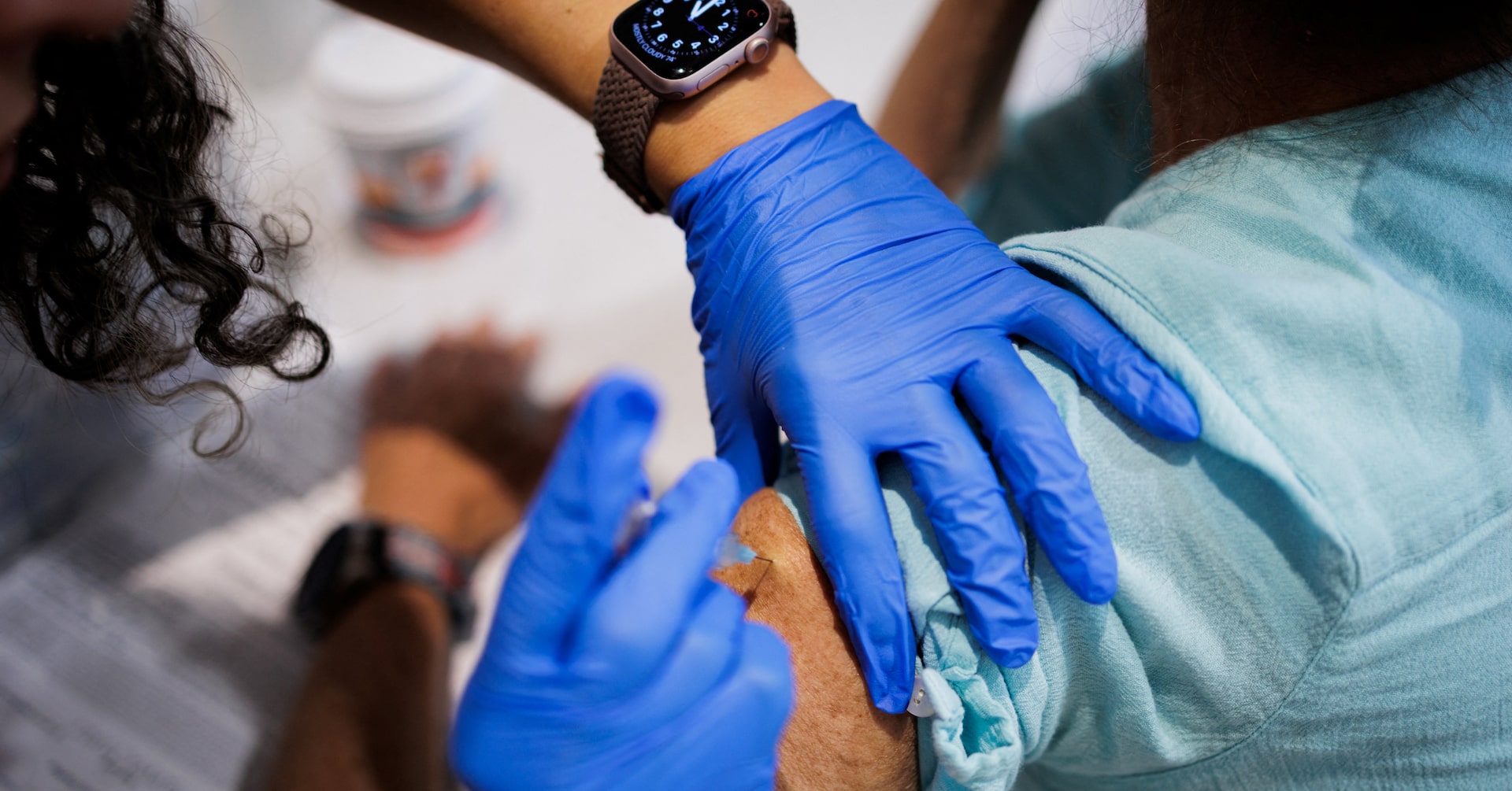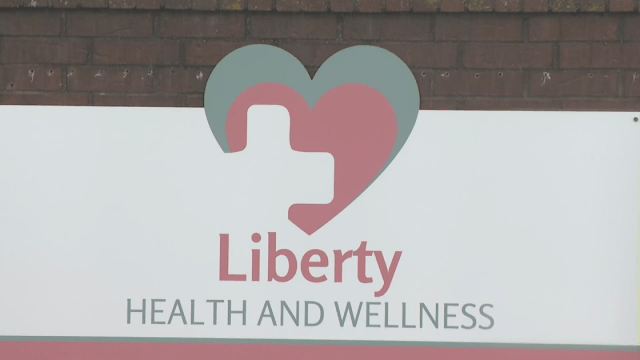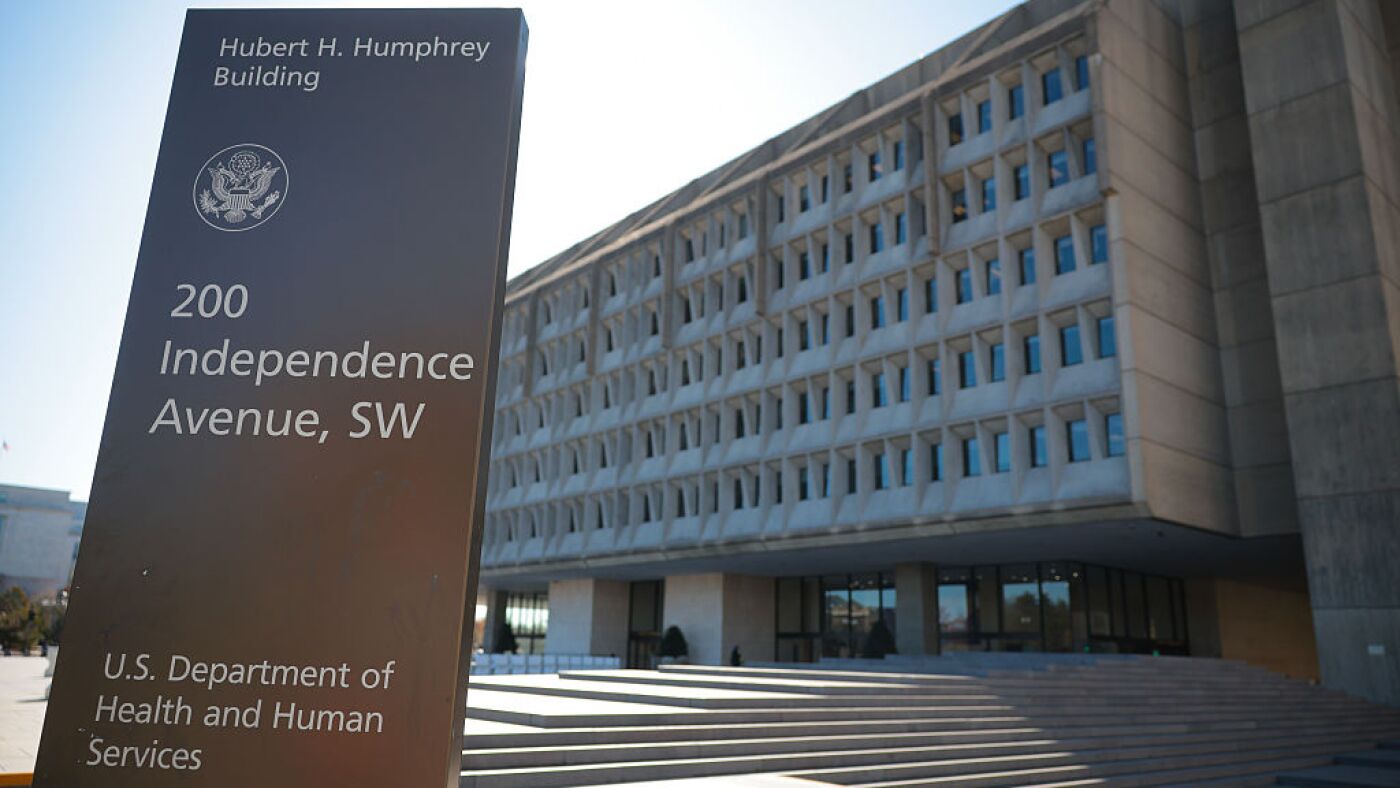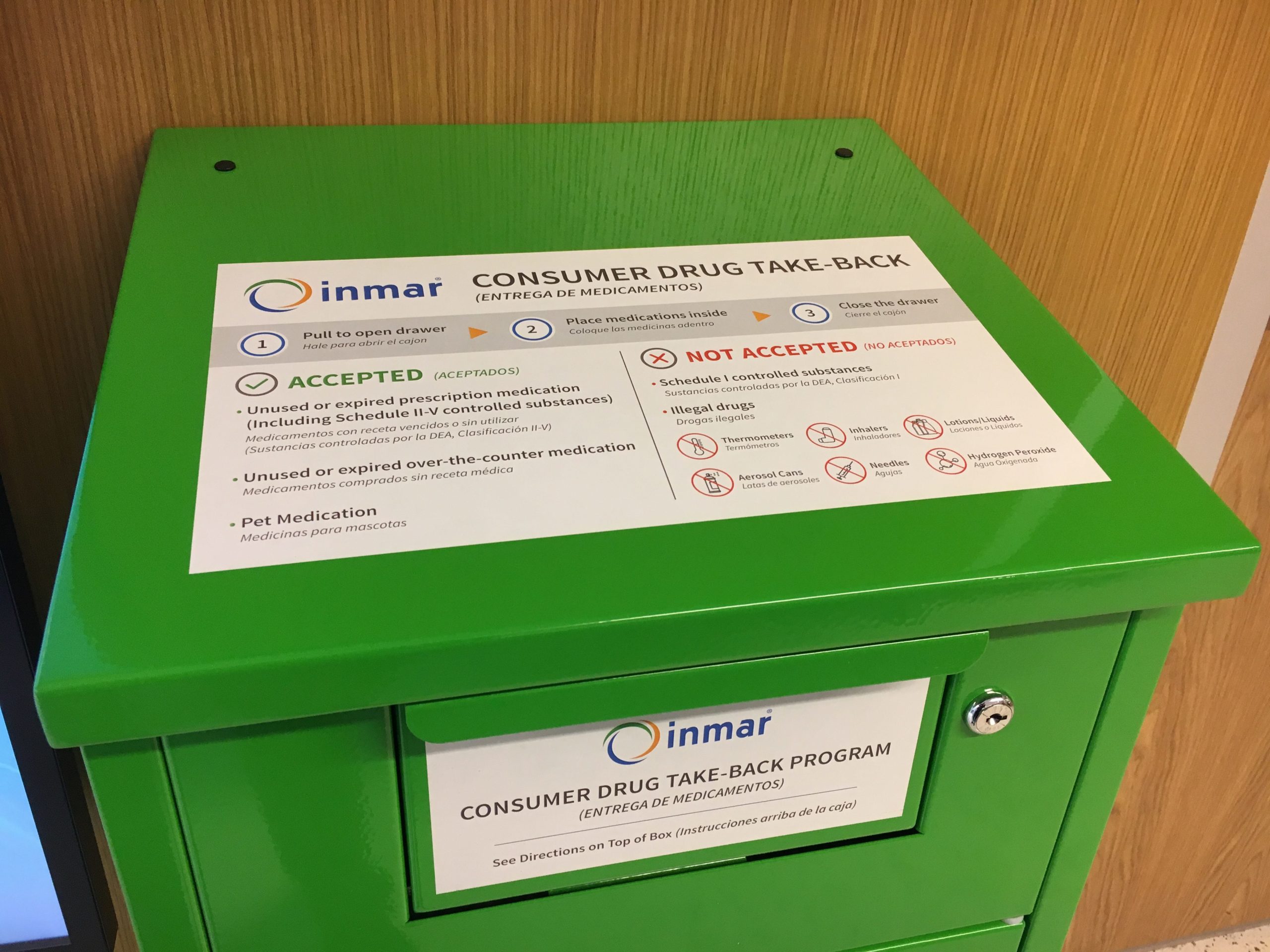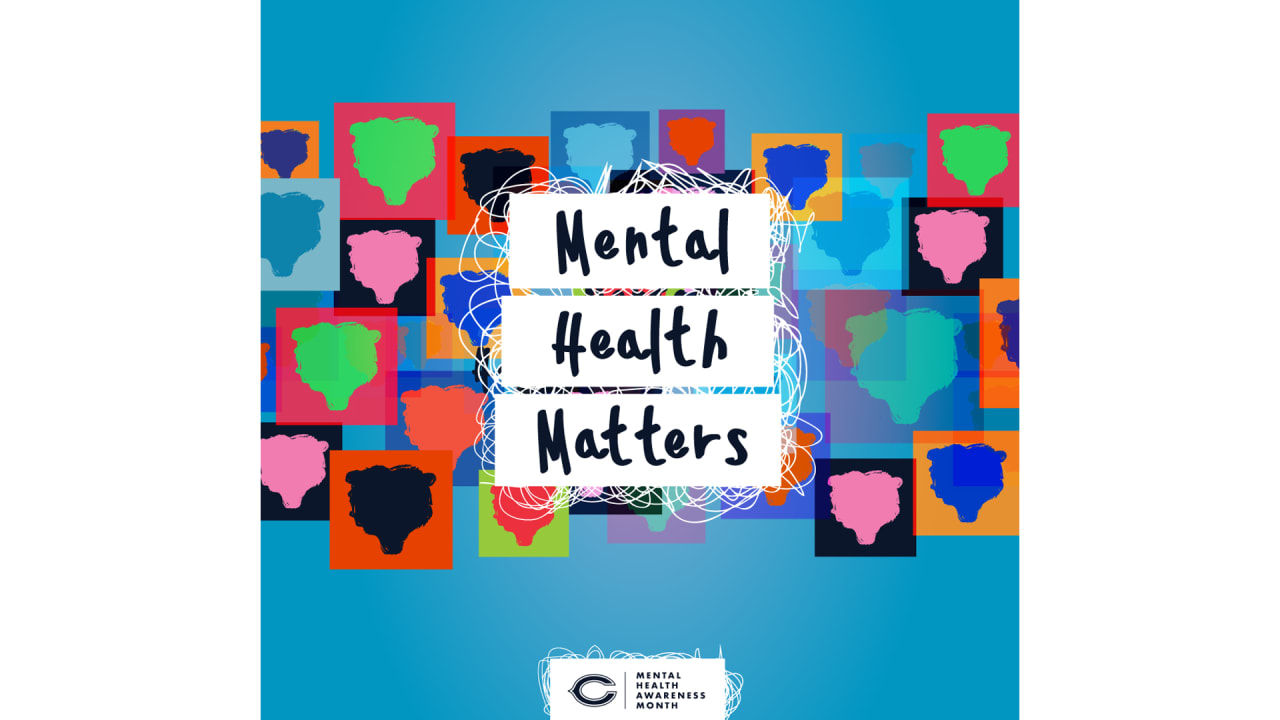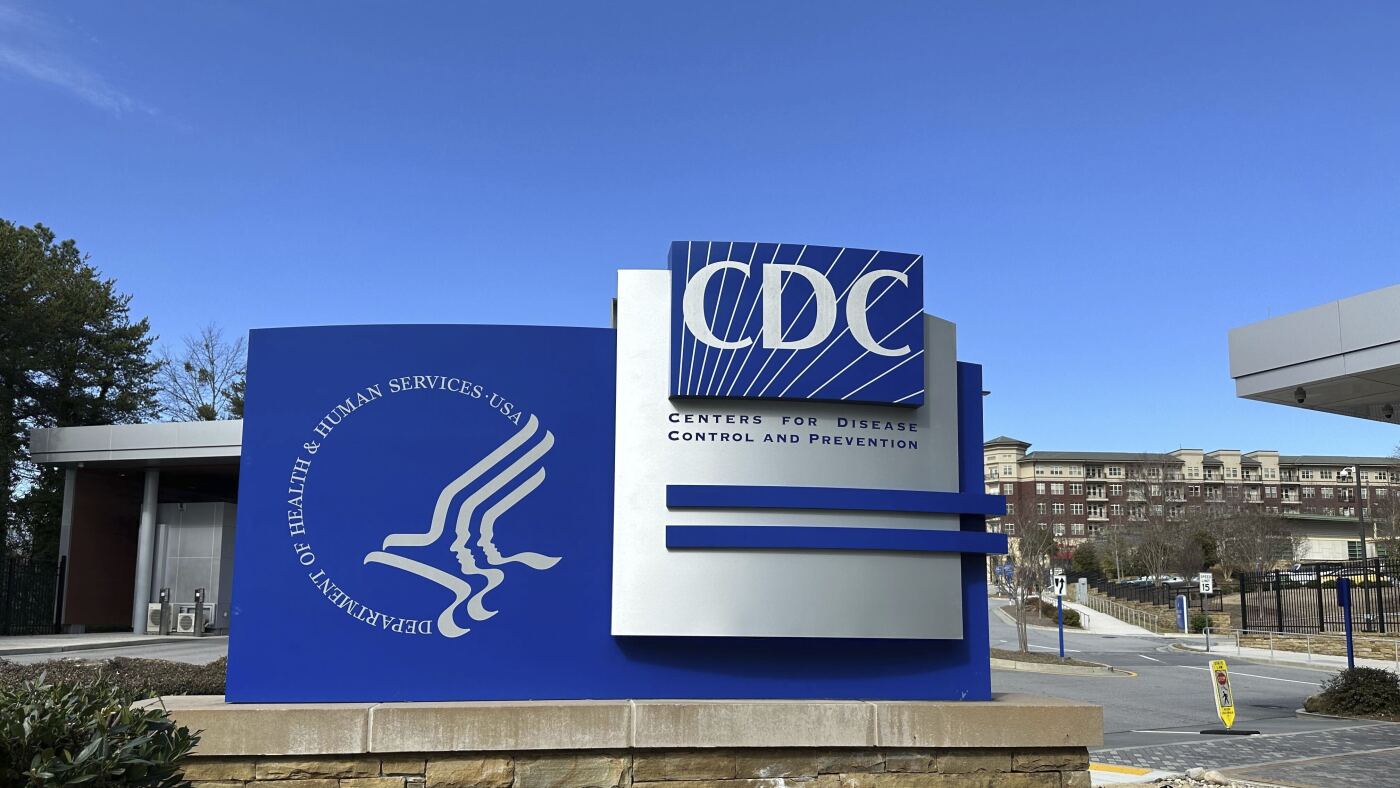Healing Communities: Why Local Health Centers Are the Unsung Heroes of American Healthcare

In the heart of August, we paused to honor Community Health Center Week, a powerful reminder of the extraordinary impact Federally Qualified Health Centers have on the wellbeing of communities across America. For nearly six decades, these remarkable healthcare institutions have been a lifeline for millions, bridging critical healthcare gaps and providing compassionate, accessible medical care to those who need it most.
Community health centers are more than just medical facilities—they are beacons of hope, offering comprehensive healthcare services to diverse populations, regardless of their ability to pay. From rural towns to bustling urban neighborhoods, these centers stand as pillars of healthcare equity, ensuring that quality medical treatment is not a privilege, but a fundamental right for every American.
Since their inception in the early 1960s, these centers have transformed healthcare delivery, focusing not just on treating illness, but on promoting overall community wellness. They provide a holistic approach to healthcare, addressing not only immediate medical needs but also preventive care, mental health services, and health education.
As we reflect on their incredible journey, we celebrate the dedicated healthcare professionals who work tirelessly to keep our communities healthy, strong, and resilient.

